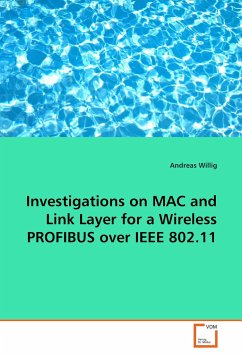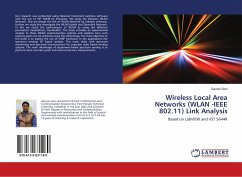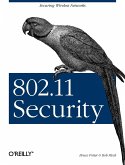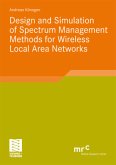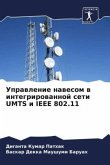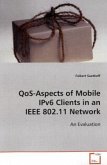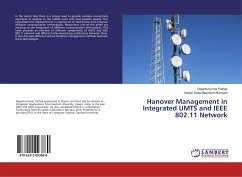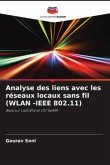Fieldbus systems are a specific class of LAN technology for industrial and factory applications, targeted for fulfilling hard (safety-critical) realtime requirements in harsh environments. Many of these applications involve mobile subsystems and could benefit from recent wireless LAN technologies replacing the current cable-based systems. The IEEE 802.11 wireless LAN standard is currently the leading WLAN technology, many components are commercially available. Hence, an immediate question is if and how this technology could be used for wireless fieldbus systems. An important aspect of this question is how to provide good ''realtime performance' over the error-prone and time-variable wireless link. The notion of realtime performance captures the hard timing- and reliability requirements of industrial applications. This thesis considers this question for the PROFIBUS, a fieldbus system popular in Europe. As a final goal, it follows the vision of integrating wired and wireless stations into a single PROFIBUS LAN. The scope of the investigations is focused to the MAC- and link-layer.

